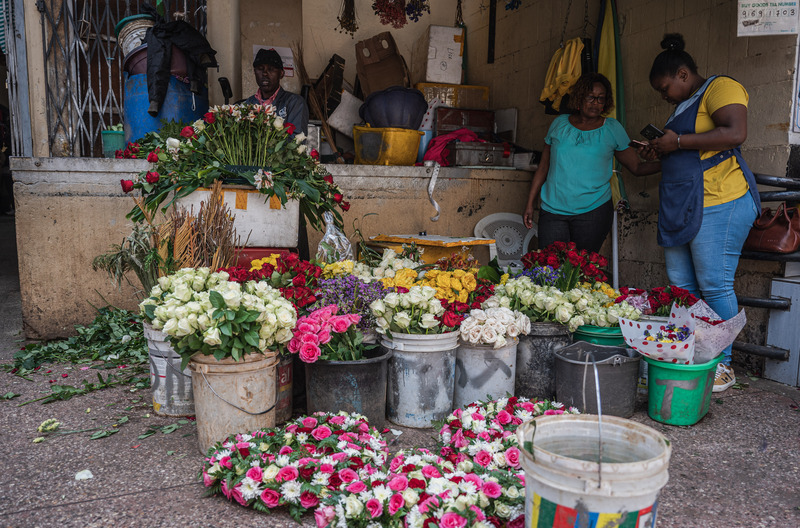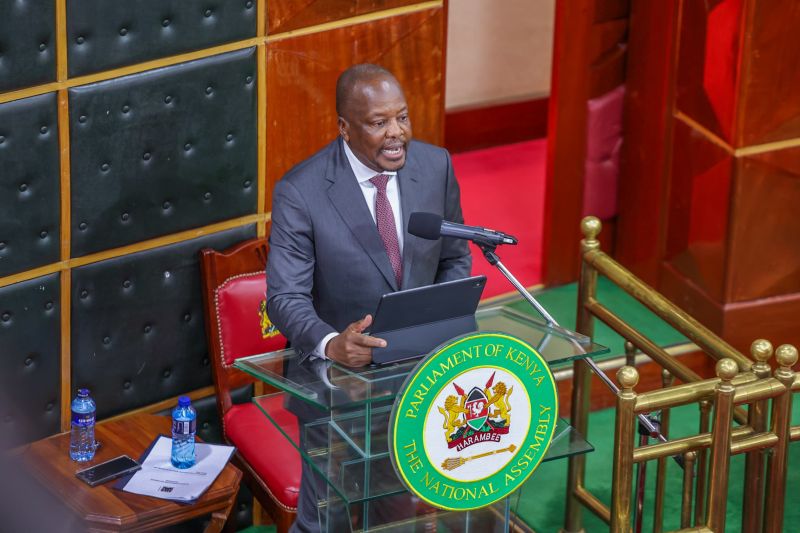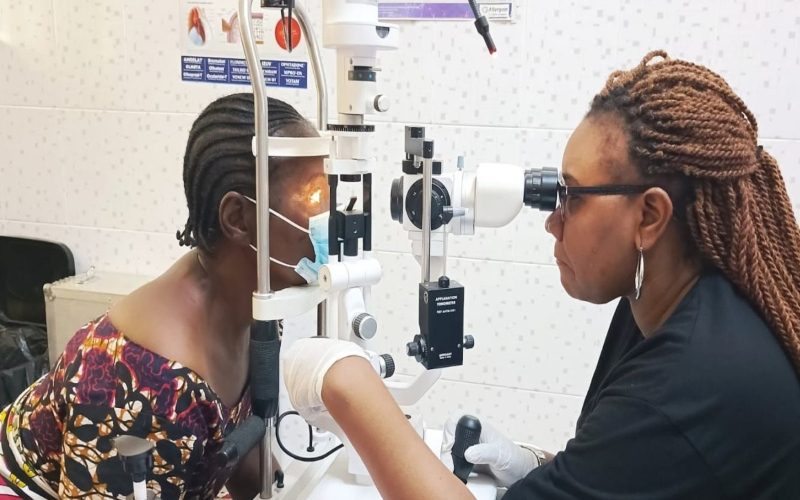Boost for traders as UK suspends 8 per cent duty on Kenyan flowers

The move comes barely three months after Kenya secured a major deal with the European Union, allowing for duty-free and quota-free access to the EU market.
The United Kingdom has temporarily removed export tariffs on cut flowers from Kenya and other East African countries, making it easier and cheaper for growers in East Africa to export their blooms to the UK.
The suspension of the 8 per cent duty on cut flowers applies globally but will be a big win for the major flower-growing regions of Kenya, Ethiopia, Rwanda, Tanzania, and Uganda. The duty suspension will remain in place for two years, from April 11, 2024, to June 30, 2026.
More To Read
- UK announces biggest overhaul of its legal migration model in 50 years
- Inside the secret life of baobabs and the night creatures that keep them alive
- Kenya-UK trade hits Sh340 billion for the first time
- Revealed: How Kenyan detectives helped nab cocaine courier at London's Heathrow
- UK commits $30 million to boost Somalia’s security transition and fight Al-Shabaab
- Freight bottlenecks, cargo crisis shave Sh1.4 billion off Kenya’s flower sector
"The move aims to increase trade and further strengthen the economic relationship between the UK and the region. UK consumers could win big too—on price, seasonality, and variety," the UK government said in a statement released by the British High Commission.
Kenya's flower industry is one of the country's largest foreign exchange earners, with over 70 per cent of Kenyan flowers being sold in the European Union through the Netherlands and the United Kingdom, according to the Kenya Flower Council.
"This is a major boost for our flower industry, and we welcome this move by the UK government," said Clement Tulezi, CEO of the Kenya Flower Council.
"This will make our flowers more competitive in the UK market and increase our exports," he said.
John Humphrey, the UK Trade Commissioner for Africa, stated that mutually beneficial trade is the foundation of the UK's relationship with East Africa.
"This additional flower power will allow trade to bloom. We go far when we go together, or in this case, we grow far when we grow together, further reinforcing the UK’s commitment to the expansion of trade in East Africa," he said.
Kenya was ranked as the fourth biggest exporter of cut flowers in the world in 2022, with six per cent of global cut flower exports, according to the UK trade office. Ethiopia is the second-largest cut flower producer in Africa, making up 23 per cent of sub-Saharan African exports.
The UK government has stated that the removal of tariffs on Kenyan flowers aims to "increase trade and further strengthen the economic relationship between the UK and the region."
In 2021, Kenya generated Sh110 billion in sales, with the flower industry being one of the country's largest foreign exchange-earners. The industry is expected to continue growing, with the removal of tariffs on Kenyan flowers set to increase exports to the UK.
"This is a win-win situation for both Kenya and the UK," said Tulezi. "We are confident that this move will lead to increased trade and economic growth for both countries."
The move comes barely three months after Kenya secured a major deal with the European Union, allowing for duty-free and quota-free access to the EU market. President William Ruto and European Union Commission President Ursula von der Leyen led a ceremony at State House in Nairobi earlier this year to sign the deal.
Lawmakers at the EU Parliament voted in late February to ratify the deal, which will give Kenya free access to its biggest market, where it sends roughly one-fifth of all its exports. The EU is Kenya's second-largest trading partner, with total trade in 2022 at €3.3 billion (Sh545 billion), an increase of 27 per cent compared to 2018.
Top Stories Today

















































